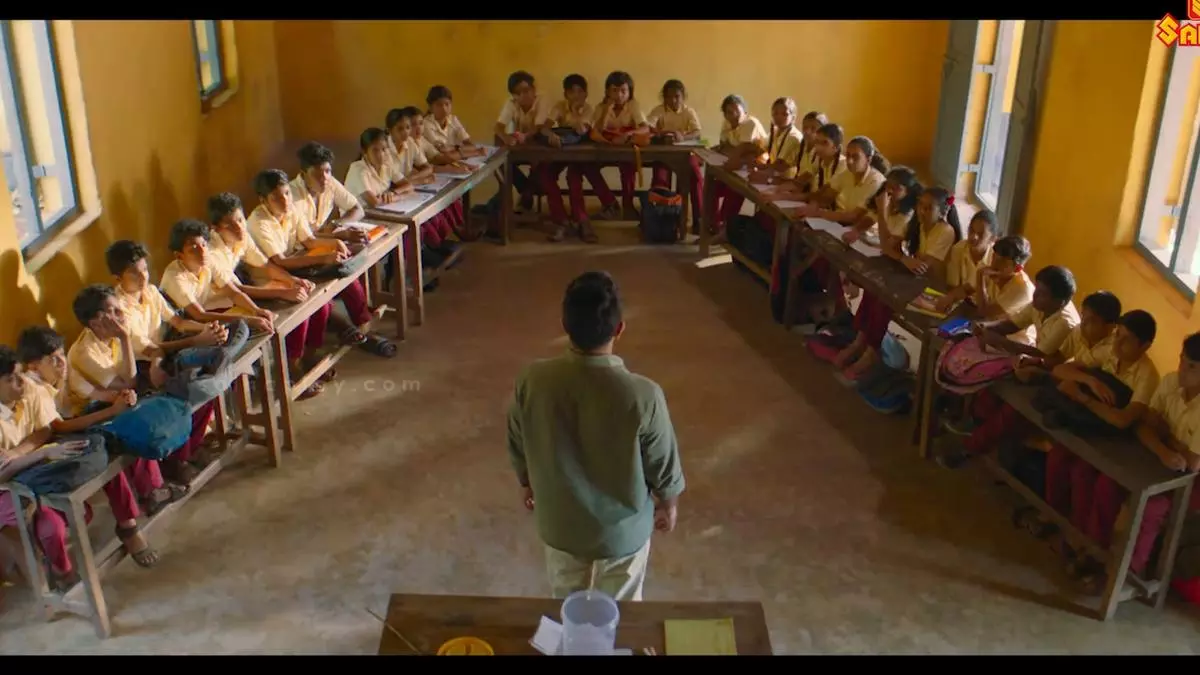
Change to monsoon school vacation; Kerala should widen the debate
text_fieldsThe state’s General Education Department has begun a discussion on altering school vacation from April–May to another period. Education Minister V Sivankutty announced the proposal at a press conference and later on social media. The education department is seeking opinions and suggestions on shifting the long-standing practice of midsummer vacation to June and July to make it a monsoon vacation. The reasoning is clear: Kerala is extremely hot in April and May, which affects children’s health and learning. Even in this situation, the months of June and July are more alarming. Schools often have to be closed due to heavy rains, and rain-related incidents are reported frequently. The question is whether the first two months of the monsoon can be given as vacation. Alternately, the department is also contemplating a summer–monsoon vacation in May and June. The General Education Department is seeking public opinion on this. Given this discussion, implementing a monsoon vacation in the state’s public schools is not an easy task. Only by gaining the trust of the public and all service organizations can each step be taken forward. Opposition teachers’ union have already criticized the idea. The question remains whether shifting the vacation to June and July will truly solve the issues highlighted by the minister. Apart from this, to make the shift from summer vacation to monsoon vacation possible, several technical hurdles, including amendments to the Kerala Education Rules (KER), would have to be overcome. However, the education department deserves praise for one thing: when attempting such a change, it set a valuable example of democracy by bringing the matter to public discussion first instead of imposing it through unilateral announcements.
In fact, the discussion about changing the school vacation is not new; the debate has been going on ever since the first signs of climate change were observed in Kerala. Over the past two decades, there have been significant changes in Kerala’s climate. The state has been witnessing unpredictable weather patterns that render traditional calendars irrelevant. April and May have now become unbearably hot. In recent years, the highest temperatures in a century have been recorded. The state even witnessed its first heatwave, with temperatures reaching 45°C in Palakkad district. How can schools function in such extreme heat? Are our classrooms equipped for such conditions? There are also practical challenges in shifting the summer vacation. Even if the vacation is shifted to monsoon months, issues remain. An analysis of data from the past 25 years shows that Kerala receives less rainfall in June and July. This shortfall is compensated by heavy rains in August and September. While the total monsoon rainfall is not lower, this uneven distribution has been a major cause of floods in Kerala. As noted, all floods and landslides in the past seven years occurred in late July. Hence, even a monsoon vacation is no easy solution. The same complications would arise with a combined summer–monsoon vacation. Heatwaves and rainfall are no longer occurring at predictable times. The alternative is a system, followed in Singapore and other regions, of giving two one month breaks each year. If Kerala tries this method keeping the climate in mind, then again the same complications mentioned above will remain. In short, changing the vacation period is not a trivial matter.
Ultimately, this issue underscores the deep impact of climate change on people’s lives in Kerala. This is not just Kerala’s problem. It is a new crisis that is becoming evident globally, one that must be overcome first and foremost for the survival of humanity. If changing a single school vacation is this complex, how much more complicated will be the changes in other sectors? The discussion initiated by the education department should not be limited merely to changing the vacation schedule; it is an urgent matter that should also lead to deliberation on the changes needed in our entire systems to survive the changing climate. We can no longer rely on the farming methods planned two centuries ago; in the face of evident climate change, agriculture, trade, and industry will all have to shift in new directions. Construction practices must also change. Those considering changes to school vacations should also think about whether our school buildings are suitable for the new climate. Climate change is an issue with multiple dimensions. Instead of reducing it merely to a matter of changing vacations, comprehensive strategies must be devised to survive its impact. Even our health policy must adapt accordingly. Although the government took a small step in this regard through some announcements in the 2024 budget, there was no follow up. Even in the context of the new debate, this issue needs to be reconsidered. The time has already passed to build a new Kerala model with climate change in mind.














